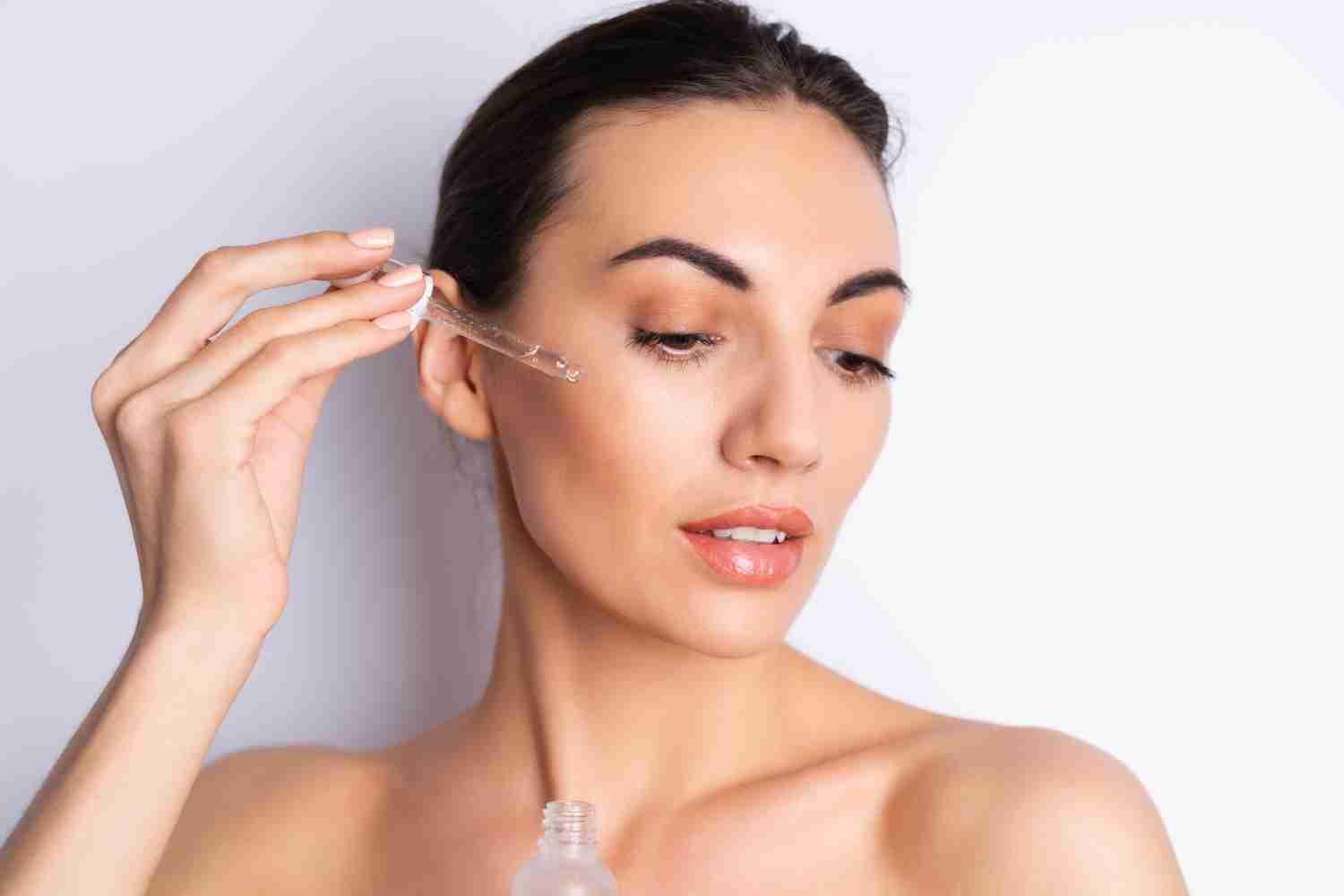Doctor’s Note: Your Easy Guide to Retinol
Retinol, retinal, and retinoids are powerful vitamin A forms (think carrots and sweet potatoes) known for anti-aging and acne-fighting benefits. Let’s break down what you need to know.
Retinol Basics
Vitamin A Derivative: Belongs to the “Retinoid” family.
Uses: Anti-aging, anti-acne.
Benefits: Boosts cell turnover, collagen production, smooths fine lines, and evens skin tone.
Caution: Can cause dryness or irritation; start slow!
How to Use Retinol
Nighttime Application: Use a pea-sized amount on clean, dry skin.
Start Slowly: Begin with a few nights a week, increasing as tolerated.
Daily Sunscreen: Essential to prevent sensitivity.
Retinol Tips for Beginners
Low Concentration: Choose products with low retinol percentage.
Gradual Use: Apply every other night initially.
Moisturize: Follow with a moisturizer to combat dryness.
Sun Protection: Always use broad-spectrum sunscreen.
Practical Guide to Retinol
Packaging: Choose opaque, air-tight containers.
Formulation: Creams for dry skin, serums for oily skin.
Complementary Ingredients: Niacinamide, ceramides, hyaluronic acid to reduce irritation.
Best Retinols for Beginners
CeraVe Skin Resurfacing Retinol Serum
Neutrogena Rapid Wrinkle Repair Retinol Serum
Good Molecules Gentle Retinol Cream
FAQs
Retinol with Hyaluronic Acid?
Yes, it hydrates while retinol renews.
Retinal vs. Retinol?
Retinal is stronger, converting directly to retinoic acid; retinol is gentler.
Post-Treatment Use?
Wait a few days after procedures like Botox or microneedling.
Key Takeaway
Patience is essential. Improvements start in 4-6 weeks, with significant changes in 3-6 months. Use daily sunscreen and enjoy the benefits!
Follow Noted Dermatology for more skincare tips!
https://www.noteddermatology.com/retinol
